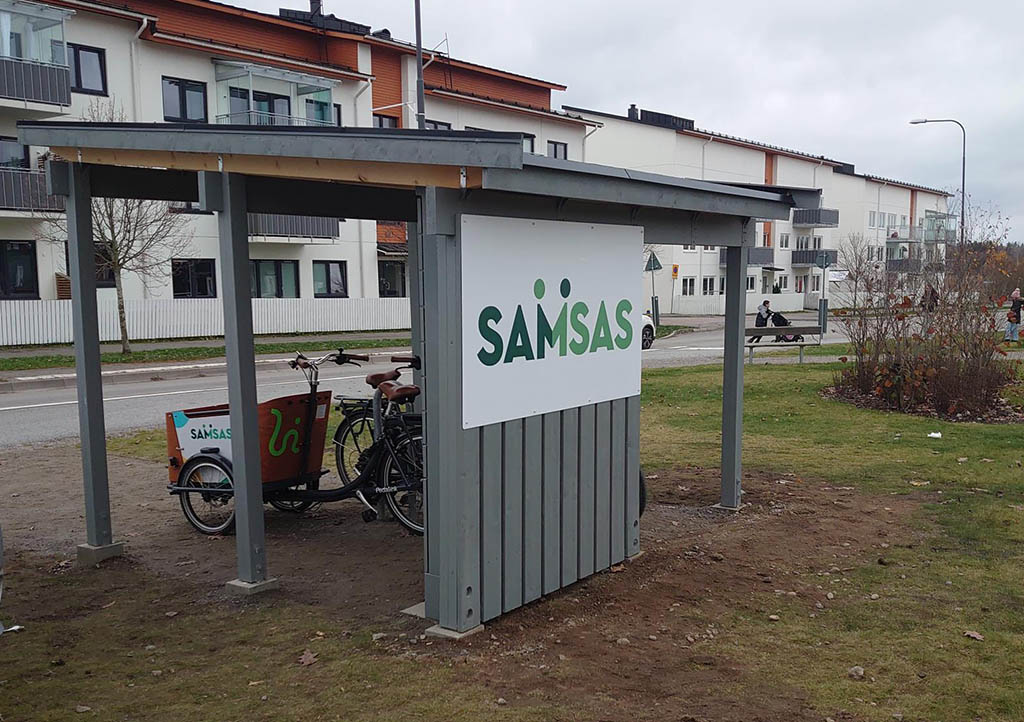Supporting integrated learning in ‘beyond the flagship’ settings
Identifying challenges in semi-suburban areas.

Living Lab Riksten’s location in a semi-suburban area outside of Stockholm means that it differs considerably from many other sites where living labs have been established. In recent years, living labs have often been introduced in “flagship urban developments” – new, high-profile urban neighbourhoods with grand sustainability visions and dedicated public resources, with organizations to govern and learn from urban experimentation. In our research we use the phrase “beyond the flagship” to refer to areas such as Riksten, that have limited planning resources and modest sustainability profiles. We want to explore the role experimentation can play in such “beyond the flagship” settings to contribute to sustainability transitions in line with societal goals, and to identify ways of strengthening public administration capacities to govern and integrate learnings from experiments.
Finding ways to address challenges in other semi-suburban areas
In 2022 we studied the relationship between experimental processes carried out in Mistra SAMS and the municipality’s strategic planning and governance of Riksten’s developments. We identified conditions which limited the use of knowledge gained from experiments (such as lack of up-to-date urban planning strategies and limited strategic planning resources directed towards Riksten’s development) which demonstrate the challenges of learning from urban experiments “beyond the flagship”. Establishing favourable settings for integrating and embedding mobility interventions intobroader municipal strategic planning and governance is more challenging in such contexts.
We argue that experiments need to consider the conditions and capacities of specific sites and actively respond to existing planning contexts. Experimental urban research projects need to actively support knowledge integration between experimental practices and existing governance and planning configurations. Going forward, we plan to carry out a series of explorative workshops together with the local municipality, which willbe intended to encourage knowledge integration as well as identify how our mobility experiments can inform municipal land-use strategies and transport planning.
